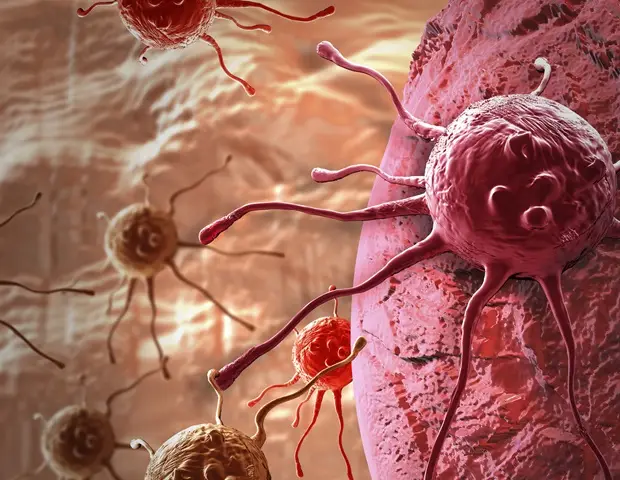Importance of Early Diagnosis in Lung Cancer
Lung cancer poses significant challenges, making early detection vital for effective treatment. Recent advancements in artificial intelligence (AI) are revolutionizing lung cancer screening by enhancing both accuracy and efficiency. Traditional screening methods, such as low-dose CT scans, are effective but often present issues like high rates of false positives and inconsistent reporting of critical incidental findings, including cardiovascular conditions. Moreover, the screening rate for low-dose CT remains below 10%, largely due to a global shortage of radiologists.
Advances in AI Technology
A groundbreaking study published in Nature Communications introduces a multimodal multitask foundation model that significantly improves the effectiveness of low-dose CT scans. This AI model boosts the prediction of lung cancer risk by 20% and cardiovascular risk by 10%. Developed by a collaborative team from Rensselaer Polytechnic Institute (RPI), Wake Forest University (WFU), and Massachusetts General Hospital (MGH), this model is the first of its kind to address over a dozen related tasks simultaneously, utilizing data from CT scans, radiology reports, patient risk factors, and crucial clinical findings.
Contributions of the Research Team
The lead author of this study, Chuang Niu, Ph.D., works as a research scientist at RPI. The corresponding authors include Ge Wang, Ph.D., director of the Biomedical Imaging Center at RPI, Christopher T. Whitlow, M.D./Ph.D., a professor at WFU, and Mannudeep K. Kalra, M.D., a professor at MGH. Key contributors from RPI include Pingkun Yan, Ph.D., and Christopher D. Carothers, Ph.D., along with other significant co-authors.
Clinical Implications of the Research
The potential clinical implications of this research are considerable. By merging CT images with textual data, the model greatly enhances the ability to detect and predict lung cancer, a crucial element for improving patient outcomes. Furthermore, one of the primary advantages of employing foundation models in medicine is their capacity to improve performance for related tasks when trained on large-scale screening CT scans and other data types, which can be particularly beneficial in fields like oncology where specific task-related data may be scarce.
Collaboration and High-Performance Computing
“This work has been significantly accelerated using RPI’s high-performance computing facility,” stated Wang. “Our multi-institutional team is continually enhancing our foundation model with an expanding dataset, utilizing both our GPUs and the Empire AI high-performance computing facility of New York State. This collaboration highlights the growing synergy between artificial intelligence and medical research, which holds the promise of transforming how diseases are diagnosed and treated.”
Future Directions
Dr. Wang and his team are making significant progress in advancing human health through the integration of medical imaging, AI, and high-performance computing. RPI has consistently led in the realms of computational sciences and engineering, offering faculty and students access to top-tier computational infrastructure aimed at accelerating transformative ideas. The implications of this work for early disease detection are exciting, with anticipation for future advancements in this vital area.
Source Information
Source: Rensselaer Polytechnic Institute
Journal Reference: Niu, C., et al. (2025). Medical multimodal multitask foundation model for lung cancer screening. Nature Communications. doi.org/10.1038/s41467-025-56822-w.



